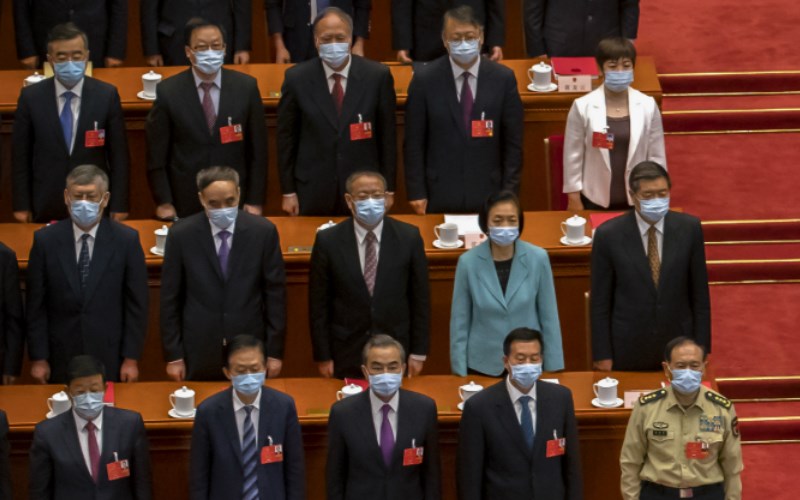Global security expert Ben Varlese recently told American Family News that China's "soft power takeovers" are not unusual for the East Asian country. His statements are confirmed by the regime's role in a number of infrastructure investments around the world today.
For example, China is investing $8.5 million in a security outpost for Tajikistan's police near its border with Afghanistan – which is home to an estimated $1 trillion worth of mineral deposits the Chinese regime may want to exploit. In addition, the East Asian country recently sparked a debate over the control of Uganda's only international airport.
Combining those moves with the Chinese investing in about 100 shipping ports in at least 60 countries makes it quite clear the regime is on a quest to expand its global footprint and develop its economic security.
Part of the plan
Bolstering its quest for global superiority, China was recently awarded a "lucrative" port deal in Sri Lanka. That deal, sealed last month, becomes the second port in the South Asian country to be controlled by China. AFN spoke to Mark Hallim, an international relations specialist, about this new acquisition.

"China is developing ports around the world as part of their Belt and Road Initiative [BRI], which is part of their economic plan to connect over 64 countries in the world to market their products and to obtain the resources needed for their economic prosperity," Hallim explains.
BRI was adopted by the Chinese government in 2013 and is often described as a global infrastructure development strategy. Part of that strategy, according to Hallim, involves development of ports, terminals, and other infrastructure.
"China is doing this because [it] needs to find new markets for their products," the expert says. "They have to do it for their economic survival." And in doing so, Hallim says China can also become a greater influence around the world as it develops relationships with the leaders of other nations.
Can't ignore CCP's quest
Hallim continues, suggesting that multiple port projects in Pakistan and Sri Lanka could point to another part of China's long-term strategy. He points out that the three nations have a strong diplomatic relationship – and suggests China may be "encircling" India with its allies.
"Thus, it becomes plausible that ports in [Pakistan and Sri Lanka] could be used by the Chinese military in a conflict with India, if necessary," he adds.
But for now, the international relations specialist argues, "the primary focus is to influence the local governance, pushing China's ideals in Pakistan and Sri Lanka."
Beijing, he says, appears to be most interested in a three-fold strategy at this time: the development of economics, political development, and social influence.
"The world," Hallim warns, "is at an inflection point where China's rising power will allow it to compete with the United States for dominance and influence across the global order."







